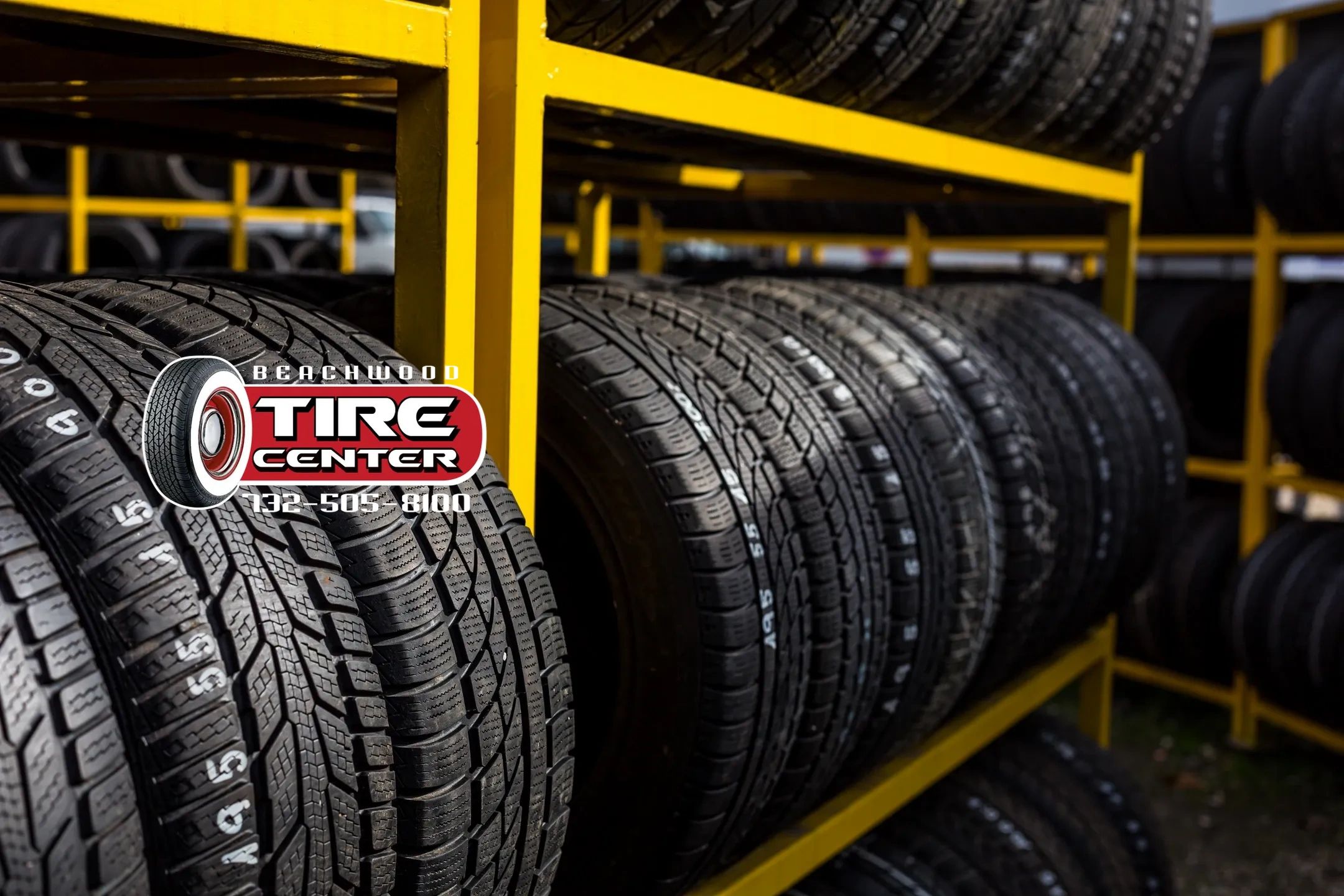Unequalled Deals at Morris Tire: Your Go-To Spot for Price Cut Tires Morris IL
Unequalled Deals at Morris Tire: Your Go-To Spot for Price Cut Tires Morris IL
Blog Article
The Environmental Advantages of Correct Tire Upkeep
Keeping proper tire treatment is frequently forgotten, yet its impact on the setting is profound. Appropriate tire maintenance not just prolongs the lifespan of tires but likewise reduces land fill waste and contributes to improved air top quality.
Lowered Fuel Intake
Improving tire upkeep techniques can lead to a significant decrease in gas consumption for vehicles. According to the U.S. Department of Energy, underinflated tires can lower gas mileage by 0.2% for every 1 psi drop in pressure in all four tires.
Along with tire stress, normal tire turnings and placements additionally play an important function in fuel effectiveness. Erratically used tires can increase gas intake as the engine functions harder to keep rate and traction. By keeping appropriate positioning and turning tires at suggested intervals, chauffeurs can guarantee even use and prolong the life of their tires, inevitably saving fuel and reducing their carbon impact.
Extended Tire Life Expectancy
Prolonging the lifespan of tires is a vital element of effective vehicle upkeep methods that can yield price financial savings and environmental advantages in the future. By correctly maintaining tires, vehicle drivers can dramatically extend their usability, lowering the frequency at which new tires require to be manufactured and old ones gotten rid of. This not only preserves important sources however also decreases the energy and emissions linked with tire production and disposal procedures.
On a regular basis inspecting tire pressure, turning tires, and guaranteeing proper positioning are important steps in expanding tire life expectancy. Appropriate walk depth is important for optimal grip and security, yet it likewise contributes in for how long tires can be used before requiring substitute. Furthermore, staying clear of aggressive driving habits that accelerate tire wear, such as extreme stopping and sharp turns, can additionally enhance tire longevity.
Eventually, raising the durability of tires with aggressive maintenance not only profits the environment by decreasing waste and saving sources yet also causes set you back savings for car proprietors by postponing the need for new tire purchases.
Lower Discharges Result
Efficient tire maintenance practices contribute to a reduction in discharges outcome, straightening with ecological sustainability objectives in the automotive industry. Appropriately filled with air tires, frequently turned and lined up, can boost gas performance, hence decreasing the total co2 exhausts from vehicles. When tires are underinflated, the engine must work tougher to thrust the lorry, causing enhanced fuel consumption and higher exhausts. By preserving optimum tire stress levels, chauffeurs can help mitigate these negative ecological influences.
In addition, properly maintained tires likewise improve traction and lower rolling resistance, additionally enhancing fuel efficiency. This, subsequently, lowers the amount of exhaust gases launched right into the ambience. Furthermore, guaranteeing tires are properly blown up and lined up can extend the lifespan of the tires, reducing the regularity of tire substitutes and the connected environmental expenses of tire production and disposal.

Reduced Landfill Waste
Provided the favorable effect of proper tire upkeep on reducing discharges outcome, one more significant environmental benefit is the possibility for decreased landfill waste. By ensuring that tires are correctly inflated, lined up, balanced, and rotated consistently, their lifespan can be significantly extended.

Improved Air Top Quality
Enhancing air high quality through correct tire upkeep methods is a crucial aspect of lasting environmental stewardship. When tires are underinflated, they develop a lot more moving resistance, bring about raised fuel usage and higher discharges of hazardous toxins such as carbon monoxide and nitrogen oxides. Correctly inflated tires not only improve gas performance but also lower the amount of contaminants released right into the air.
Furthermore, properly maintained tires with correct walk depth and alignment contribute to much safer driving problems, lowering the chance of crashes that can cause the release of extra contaminants right into the ambience. By extending the life expectancy of tires through normal upkeep and rotation, less tires are disposed of too soon, decreasing the environmental impact of tire disposal and manufacturing procedures.
Final Thought
In conclusion, appropriate tire maintenance provides numerous environmental advantages. It is vital for people to focus on tire upkeep as a straightforward yet effective way to safeguard the environment for future generations.
Correct tire maintenance not just expands the life-span of tires yet likewise lowers landfill waste and contributes to improved air high quality - morris tire. By maintaining correct positioning and rotating tires at suggested periods, chauffeurs can ensure even prolong the life and put on of their tires, inevitably saving fuel and lowering their carbon impact
By correctly keeping tires, drivers can considerably extend their usability, minimizing the regularity at which new tires need more to be manufactured and old ones disposed of.Consistently inspecting tire pressure, turning tires, and guaranteeing appropriate positioning are click resources vital steps in prolonging tire life expectancy. Furthermore, ensuring tires are correctly inflated and lined up can extend the lifespan of the tires, minimizing the frequency of tire replacements and the associated environmental costs of tire production and disposal.
Report this page